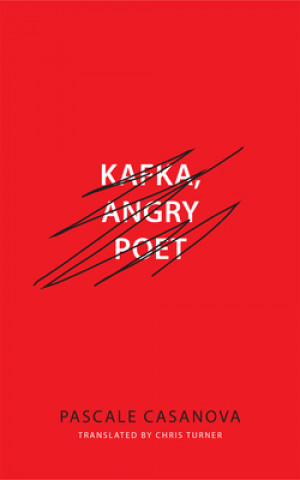
Code: 04742542
Kafka, Angry Poet
by Pascale Casanova
Franz Kafka was one of the most influential writers of the twentieth century. His writing contributed greatly to existentialism, and the term "Kafkaesque" is now synonymous with the literature of the surreal, the complex, and the ... more
- Language:
 English
English - Binding: Hardback
- Number of pages: 304
Publisher: Seagull Books London Ltd, 2015
- More about this

118.26 zł
RRP: 124.46 zł
You save 6.21 zł
Availability:
50/50 We think title might be available. Upon your order we will do our best to get it within 6 weeks.
We think title might be available. Upon your order we will do our best to get it within 6 weeks.We search the world
You might also like
-

Archaeology of Power and Politics in Eurasia
431.96 zł -14 % -
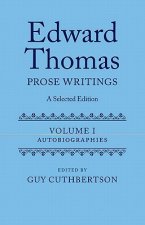
Edward Thomas: Prose Writings: A Selected Edition
1032.76 zł -

Building the IT Consulting Practice
286.49 zł -

Ecology, Engineering, and Management
832.39 zł -

Avon Street
52.47 zł -15 % -

New Public Management in Action
524.23 zł
Give this book as a present today
- Order book and choose Gift Order.
- We will send you book gift voucher at once. You can give it out to anyone.
- Book will be send to donee, nothing more to care about.
Availability alert
Enter your e-mail address and once book will be available,
we will send you a message. It's that simple.
More about Kafka, Angry Poet
You get 69 loyalty points
 Book synopsis
Book synopsis
Franz Kafka was one of the most influential writers of the twentieth century. His writing contributed greatly to existentialism, and the term "Kafkaesque" is now synonymous with the literature of the surreal, the complex, and the illogical. His works sustained themes of violence, family conflict, bizarre and all-powerful bureaucracies, and fantastical transformations. However, in Kafka, Angry Poet, Pascale Casanova looks past the customary analyses of Kafka's work and dives deep into his mind, examining his motives rather than the results. She bravely asks the question, "What if Kafka were the most radical of social critics? What if he had actually attempted to pull the wool over our eyes with narratives that are, in fact, subtly deceptive?" The hypothesis she develops is that Kafka began with an awareness of the tragic fate of the German-speaking Jews of early twentieth-century Prague and was subsequently led to reflect on other forms of power, such as male dominance and colonial oppression. The stories produced as a result were traps for the unwary, throwing the reader off the scent with the use of unreliable and even deceitful narrators. Curiously, says Casanova, it is not in literature that one finds the answers to these questions but in German ethnology, a field which, as an intellectual of the Austro-Hungarian Empire, Kafka knew well. Through her detailed research, Casanova shows us a combative Kafka who is at once ethnologist and investigator, unstintingly denouncing all forms of domination with the kind of tireless rage that was his hallmark. In so doing, she sheds light on the deep-seated reasons for Kafka's anger.
 Book details
Book details
Book category Books in English Literature & literary studies Literature: history & criticism Literary studies: general
118.26 zł
- Full title: Kafka, Angry Poet
- Author: Pascale Casanova
- Language:
 English
English - Binding: Hardback
- Number of pages: 304
- EAN: 9780857421623
- ISBN: 085742162X
- ID: 04742542
- Publisher: Seagull Books London Ltd
- Weight: 726 g
- Dimensions: 164 × 237 × 37 mm
- Date of publishing: 21. April 2015
Trending among others
-

How to Read a Book
51.97 zł -23 % -
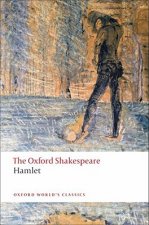
Hamlet: The Oxford Shakespeare
43.41 zł -15 % -
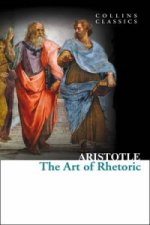
Art of Rhetoric
14.90 zł -5 % -
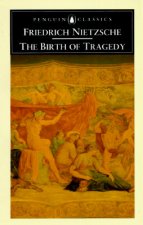
Birth of Tragedy
42.90 zł -23 % -
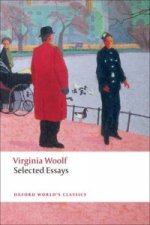
Selected Essays
47.34 zł -23 % -
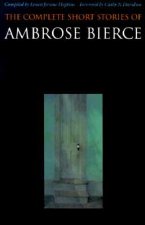
Complete Short Stories of Ambrose Bierce
105.56 zł -4 % -

Serpent Power
105.56 zł -4 % -

Annotated Alice
52.37 zł -15 % -
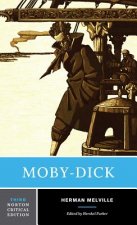
Moby-Dick
79.67 zł -

Nordic Noir
70.41 zł -23 % -

Marquis de Sade: A Very Short Introduction
55.60 zł -5 % -

Children's Fantasy Literature
113.82 zł -14 % -

Mysteries of Udolpho
48.95 zł -14 % -

Joseph Andrews and Shamela
45.52 zł -4 % -
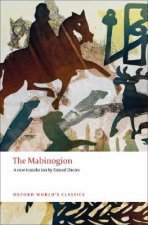
Mabinogion
47.34 zł -23 % -

The Picture of Dorian Gray
29.20 zł -23 % -
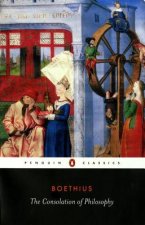
Consolation of Philosophy
47.34 zł -23 % -
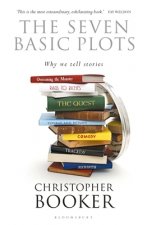
Seven Basic Plots
93.17 zł -15 % -

Gulliver's Travels
29 zł -23 % -

Life of Samuel Johnson
92.37 zł -11 % -

Powers of Horror
213.35 zł -

Road to Hel
235.72 zł -

Sejong Korean Student Book 2A - English Edition, m. 1 Audio
132.16 zł -
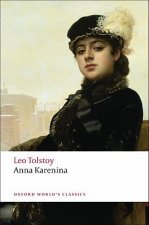
Anna Karenina
45.52 zł -4 % -

Wide Sargasso Sea
38.27 zł -14 % -
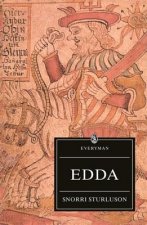
Edda
44.62 zł -20 % -

Finn and Hengest
42.70 zł -23 % -
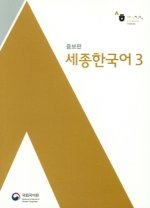
Sejong Korean 3, m. 1 Audio
122.69 zł -
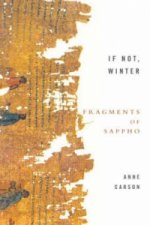
If Not, Winter: Fragments Of Sappho
62.95 zł -26 % -

Africa's Tarnished Name
15.30 zł -23 % -
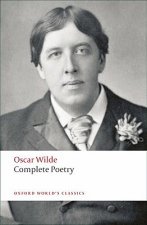
Complete Poetry
33.64 zł -23 % -

Captain is Out to Lunch
69.90 zł -10 % -
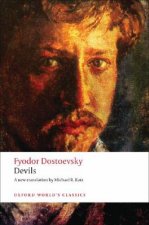
Devils
53.58 zł -4 % -

Two Treatises of Government
45.32 zł -5 % -
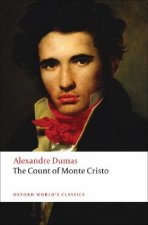
Count of Monte Cristo
47.34 zł -23 % -

Sejong Korean 2 (Korean+English Version), m. 1 Audio
122.69 zł -

Moveable Feast
43.41 zł -15 % -

Moveable Feast
47.04 zł -14 % -
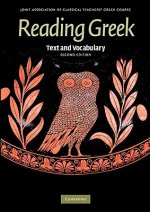
Reading Greek
189.18 zł -

Dream Story
47.34 zł -23 % -
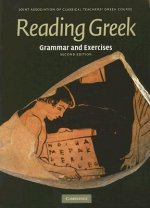
Reading Greek
209.22 zł -

Analysis of Donna Haraway's A Cyborg Manifesto
39.78 zł -
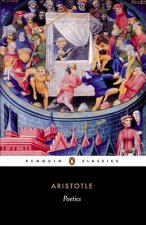
Poetics
54.89 zł -10 % -

Selected Journals of Lm Montgomery Volume III 1921-1929
88.54 zł -9 % -

Leaves of Grass
75.74 zł -
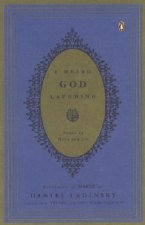
I Heard God Laughing
79.27 zł -13 % -

Tragedy of King Richard III: The Oxford Shakespeare
38.27 zł -23 % -
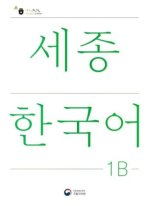
Sejong Korean Student Book 1B - Korean Version, m. 1 Audio
132.16 zł -

Wild Ass's Skin
65.57 zł -4 %
safisfied customers
Since 2008, we have served long line of book lovers, but each of them was always on the first place.
Copyright! ©2008-24 libristo.pl All rights reservedPrivacyPoučení o cookies


 21 million books
21 million books Delivery 12.99 zł
Delivery 12.99 zł (32) 444 93 66 (8-15.30h)
(32) 444 93 66 (8-15.30h)